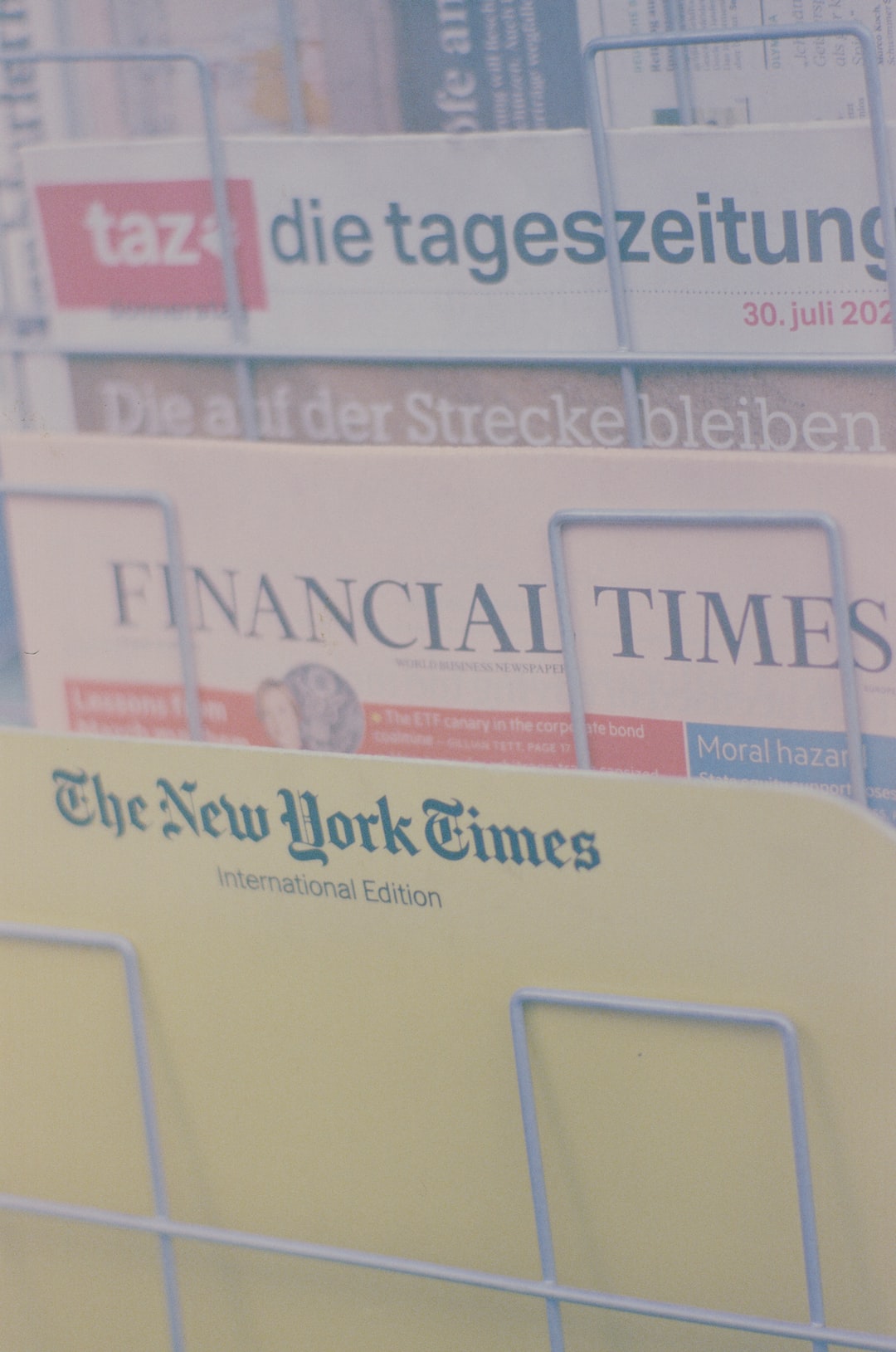The Rise of Clickbait and Its Effects on Journalism Ethics
In the world of digital media, the rise of clickbait has become unavoidable. We’ve all experienced it – those irresistible headlines that lure us in, only to disappoint with shallow content or misleading information. Clickbait is a technique used to drive web traffic and increase ad revenue, but its widespread use has raised concerns about its impact on journalism ethics. In this blog post, we will explore the rise of clickbait and its effects on the principles that serve as the foundation of ethical journalism.
First and foremost, it is important to understand what clickbait exactly is. Clickbait refers to headlines or thumbnail images designed to attract attention and entice users to click on a link, often with the intention of driving traffic to a website. These headlines are characterized by sensationalism, making exaggerated or misleading claims that pique the curiosity of readers. As a result, such headlines often disregard accuracy, journalistic integrity, and the obligation to provide objective, unbiased information.
Clickbait is fueled by the algorithms of social media platforms and search engines. These algorithms are designed to prioritize content that generates engagement, such as likes, shares, and clicks. In an attempt to maximize their reach and visibility, media outlets and journalists may opt to use clickbait techniques to ensure their content receives attention in the digital space. However, this shift towards clickbait has had profound effects on the ethical standards of journalism.
One of the major concerns with clickbait is its tendency to prioritize quantity over quality. News organizations may focus on generating a high volume of content that attracts clicks, rather than delving deep into stories to provide accurate and in-depth reporting. This race for clicks often leads to superficial, sensationalized content that lacks the nuance and critical analysis necessary for ethical reporting.
Furthermore, clickbait has resulted in a blurring of the lines between advertising and editorial content. When journalists prioritize generating clicks, they may be tempted to create headlines that resemble advertisement taglines rather than objective news. This leaves readers confused about what is factual reporting and what is a disguised promotion, ultimately eroding trust in reputable news outlets.
Beyond compromising the quality of journalism, clickbait also has serious consequences for societal discourse. By relying on sensationalism, clickbait perpetuates a culture of “headline reading” rather than in-depth engagement with a topic. Readers are enticed to click, share, and move on swiftly, rather than dedicating the time and effort required to understand complex issues. This shallow engagement can contribute to the spread of misinformation, echo chambers, and an overall decline in informed public debate.
The rise of clickbait also puts pressure on journalists and news outlets struggling to remain profitable in the digital era. Advertising revenue, once a reliable source of income for newspapers and magazines, has shifted dramatically to online platforms. As media outlets heavily depend on web traffic and clicks to generate ad revenue, the temptation to resort to clickbait becomes increasingly difficult to resist. This financial pressure raises questions about the future sustainability of quality journalism that adheres to ethical standards.
To combat the negative effects of clickbait, news organizations must prioritize ethical journalism principles. This includes ensuring accuracy, truthfulness, and transparency in their reporting. It requires an investment in investigative journalism, with a focus on comprehensive, in-depth reporting that adds value to society rather than just driving traffic. Journalists must resist the lure of clickbait, elevate the standard of reporting, and uphold the integrity of their profession.
Readers also have a responsibility in combating the rise of clickbait. By becoming more discerning consumers of news and actively seeking reliable, well-sourced information, readers can help create an environment where quality journalism is valued and rewarded. Supporting independent news outlets, subscribing to trusted sources, and engaging in critical thinking are all steps that can contribute to countering the prevalence of clickbait.
In conclusion, the rise of clickbait has had a profound impact on journalism ethics. Its prioritization of sensationalism, quantity over quality, and a blurring of advertising and editorial lines, have compromised the core principles of ethical journalism. To preserve the integrity of the profession and promote informed public discourse, it is crucial for news organizations, journalists, and readers to reject clickbait and embrace a commitment to accurate, comprehensive reporting.

